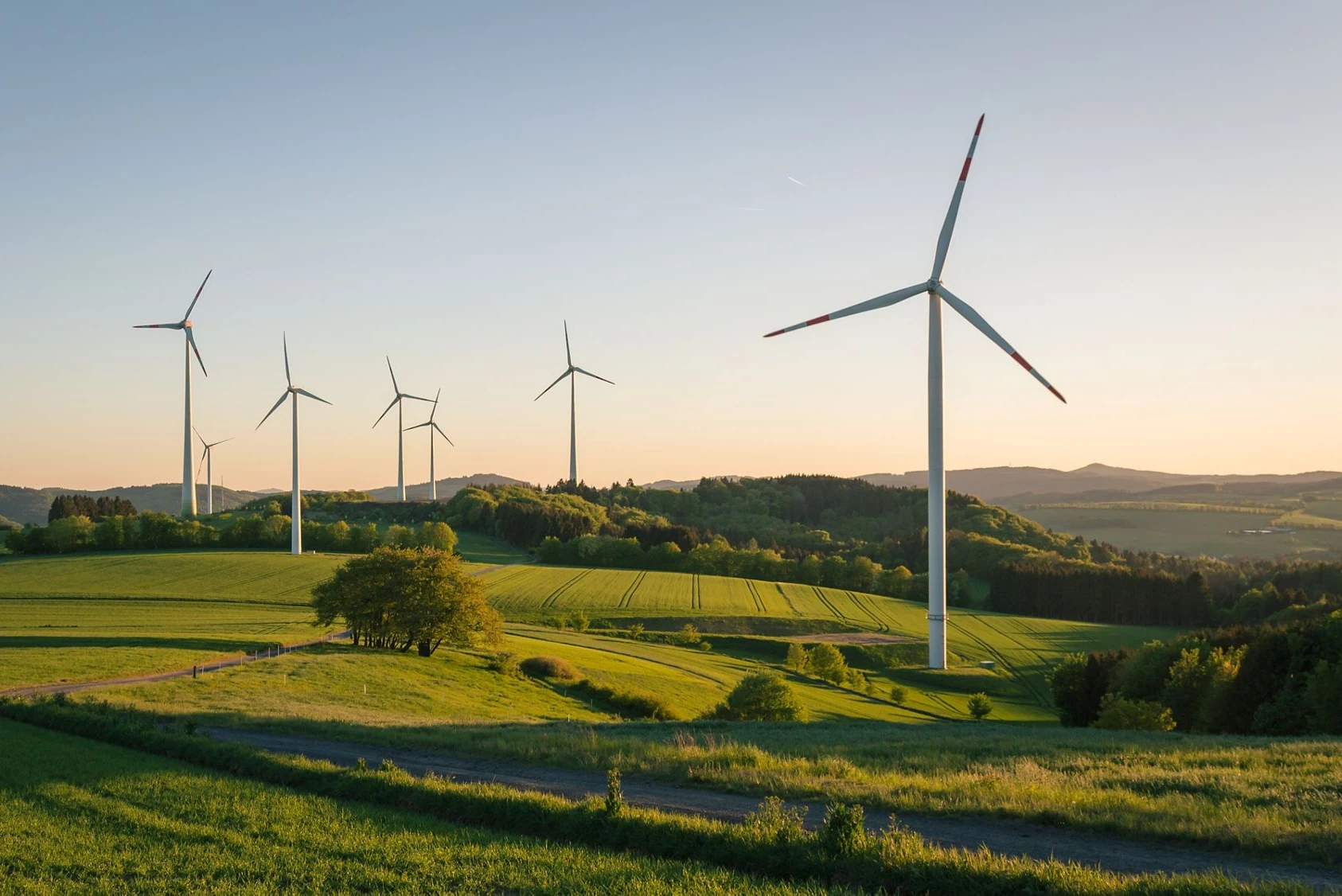Will Beloe has over 15 years’ experience helping financial institutions in emerging markets to grow their climate business. As principal industry specialist and currently as acting global head of climate finance at IFC, Will is responsible for developing and executing a global strategy to reduce greenhouse gas emissions across IFC’s 800+ financial institution partners.
Q: What is climate finance?
A: Climate finance is the flow of funds that contribute to climate “mitigation” - reducing or avoiding carbon emissions - and “resilience and adaptation” - managing the risks and impacts of climate change. the financing gap for both climate mitigation and adaptation in emerging markets is significant, expected to be between $1.7 and $3.4 trillion annually by 2030. This is where private finance comes in. It’s estimated that the private sector will need to supply about 80 percent of the investment that’s needed.
Q: What is IFC doing in this space?
A: IFC helps emerging market companies to access the capital they need to navigate this transition, and to help transform economies as a result. We do that in five different ways: making sure financial institutions are trained and equipped; setting global standards to ensure the market for green, blue and other types of financial instruments grow sustainably; sharing investment risks with partners to reduce capital costs and make the transition as efficient as possible for the private sector; and creating vehicles to help institutional investors pool their money to profitably transition the economy onto a sustainable growth path.
 Financial institutions have been growing climate-friendly investment portfolios from green buildings to climate-smart agriculture. Photo: Joel Vodell/Unsplash
Financial institutions have been growing climate-friendly investment portfolios from green buildings to climate-smart agriculture. Photo: Joel Vodell/Unsplash
Q: You work directly with financial institutions. Where are you focusing your efforts?
A: My focus is on supporting financial institutions so they can grow climate-friendly investment portfolios, which finance everything from green buildings and renewable energy, to climate-smart agriculture and other emerging areas such as electric vehicles and the blue economy. This is crucial because we need to align the world’s huge capital resources to invest in this transition as quickly as we can. Clearly, the long term returns of these investments are far greater than investing in the alternative.
Q: Where do you see the greatest opportunities?
A: Climate change is disrupting supply chains and increasing the cost of doing business. Forty-one percent of the 177 financial institutions recently surveyed by IFC already consider climate risk among the top three business risks for their institution. On the other hand, 90 percent expect the share of climate finance in their financial portfolios to increase. We see massive opportunity to help them manage and disclose risks and invest in low-carbon development – much of it in cities. This will require an ever-expanding range of financial instruments - from green bonds to blue bonds, sustainability-linked bonds and other emerging products.
“We need to align the world’s huge capital resources to invest in this transition as quickly as we can.”
- Will Beloe, Acting Global Head of Climate Finance at IFC
 The financing gap for both climate mitigation and adaptation in emerging markets is significant, expected to be between $1.7 and $3.4 trillion annually by 2030. Photo: Xiang Ji/Unsplash
The financing gap for both climate mitigation and adaptation in emerging markets is significant, expected to be between $1.7 and $3.4 trillion annually by 2030. Photo: Xiang Ji/Unsplash
Q: How is IFC evolving with the times?
A: IFC’s climate business in the financial industry has skyrocketed. Last year alone, IFC invested $4.5 billion – 40 percent of our work in this sector – to help 50 financial institutions ramp up their climate activities. In addition, IFC has committed to aligning 85% of its new projects with the objectives of the Paris Agreement as of July 1, 2023, and 100% of these investments starting July 1, 2025. This means that climate risk and opportunity is now being woven into every facet of our work in this sector.
Q: What do we need to make sure financial institutions deliver on their pledge to finance a new climate economy?
Financial institutions can’t do it alone. Both mitigation and adaptation investments often come with high upfront costs, poor data and currency fluctuations, as well as long time horizons. At the same time, financial institutions lack internal capacity to develop a climate lens and design new financial products. This is why we need governments to implement clear and consistent regulations and incentives, and development finance institutions such as IFC to help share investment risks and train their clients.



